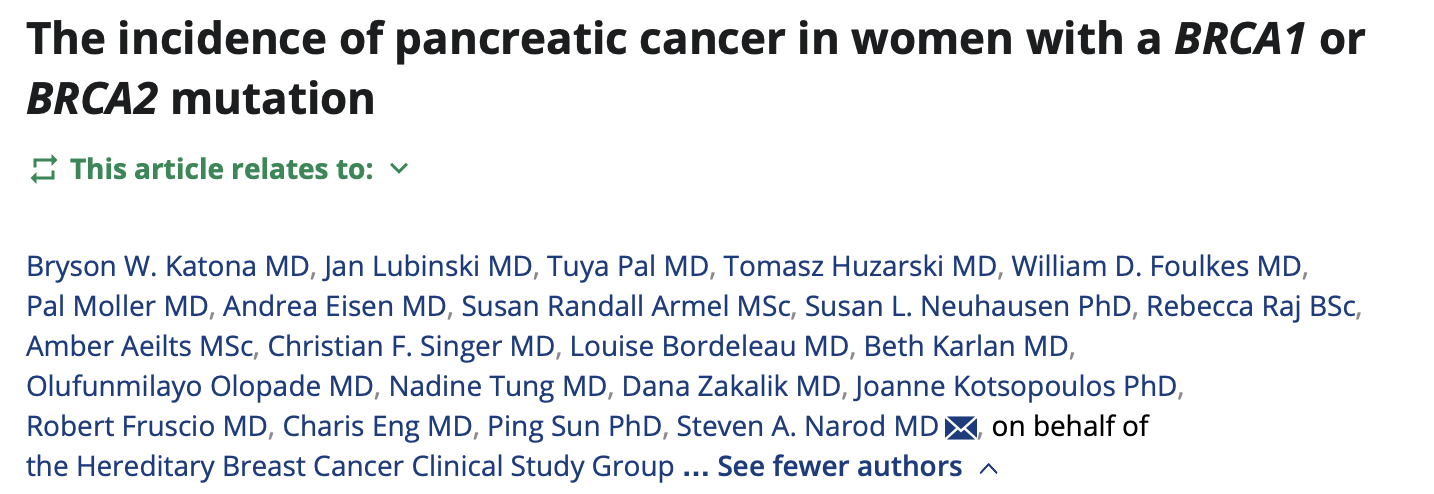Mark Lewis, Director of Gastrointestinal Oncology at Intermountain Healthcare in Utah, shared a post on X:
“GI oncologist and pancreatic cancer survivor here
CT scans = radiation exposure, so seeking one annually incurs a lot of risk over time
Red flags for me:
- new-onset diabetes in adulthood with simultaneous weight loss
- jaundice
- otherwise-unexplained blood clots
Even then I would be totally honest with your physician about both your personal health and your family history (BRCA kindreds, esp. BRCA2, do have a higher risk of pancreatic cancer, even though the acronym is obviously most associated with breast cancer.
Finally, not all scans are created equal
CTs are composites of X-rays (and often require specific contrast timing to ‘see’ the pancreas properly) whereas MRIs use magnets
Endoscopic ultrasound is an even more specialized procedure performed by highly trained gastroenterologists.
Clearly there is a non-trivial difference between these forms of imaging, best discussed with and ordered by a doctor who ‘truly’ understands your risk.
Cases like D’Angelo’s are tragic but not a call for population-level screening
We still need to be judicious in our testing.”
Title: The incidence of pancreatic cancer in women with a BRCA1 or BRCA2 mutation
Authors: Bryson W. Katona, Jan Lubinski, Tuya Pal, Tomasz Huzarski, William D. Foulkes, Pal Moller, Andrea Eisen, Susan Randall Armel, Susan L. Neuhausen, Rebecca Raj, Amber Aeilts, Christian F. Singer, Louise Bordeleau, Beth Karlan, Olufunmilayo Olopade, Nadine Tung, Dana Zakalik, Joanne Kotsopoulos, Robert Fruscio, Charis Eng, Ping Sun, Steven A. Narod
Read the Full Article on Cancer

More posts featuring Mark Lewis.


